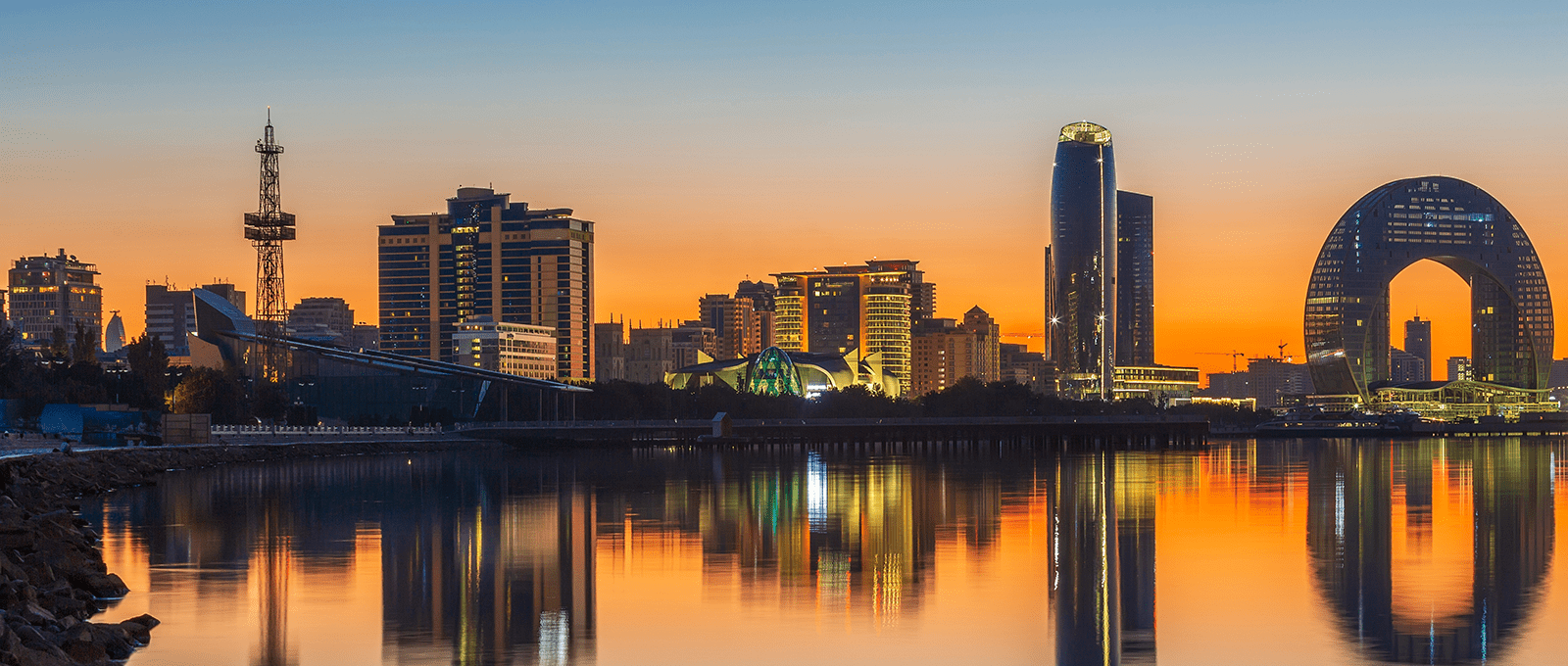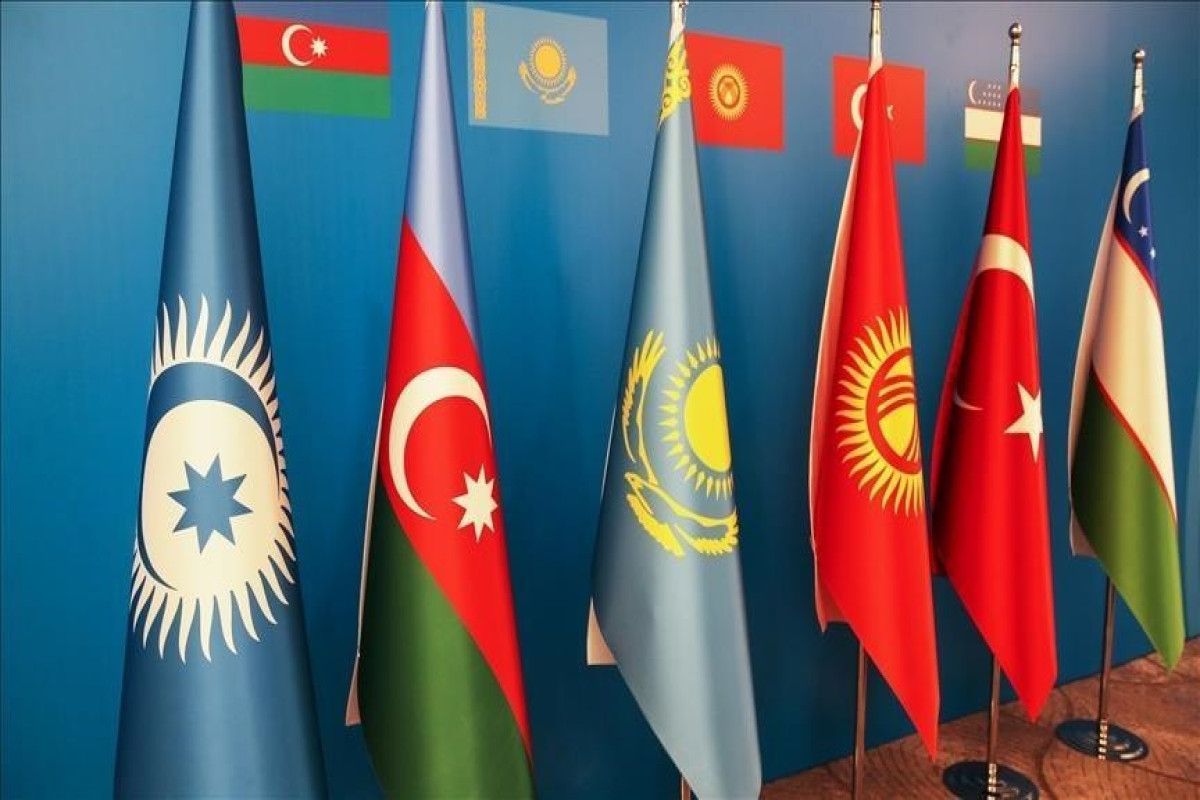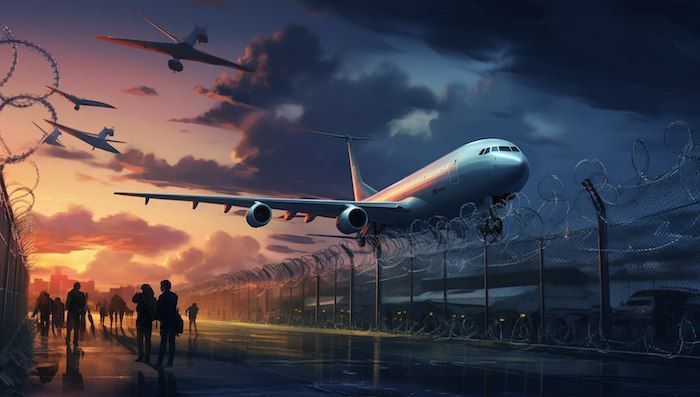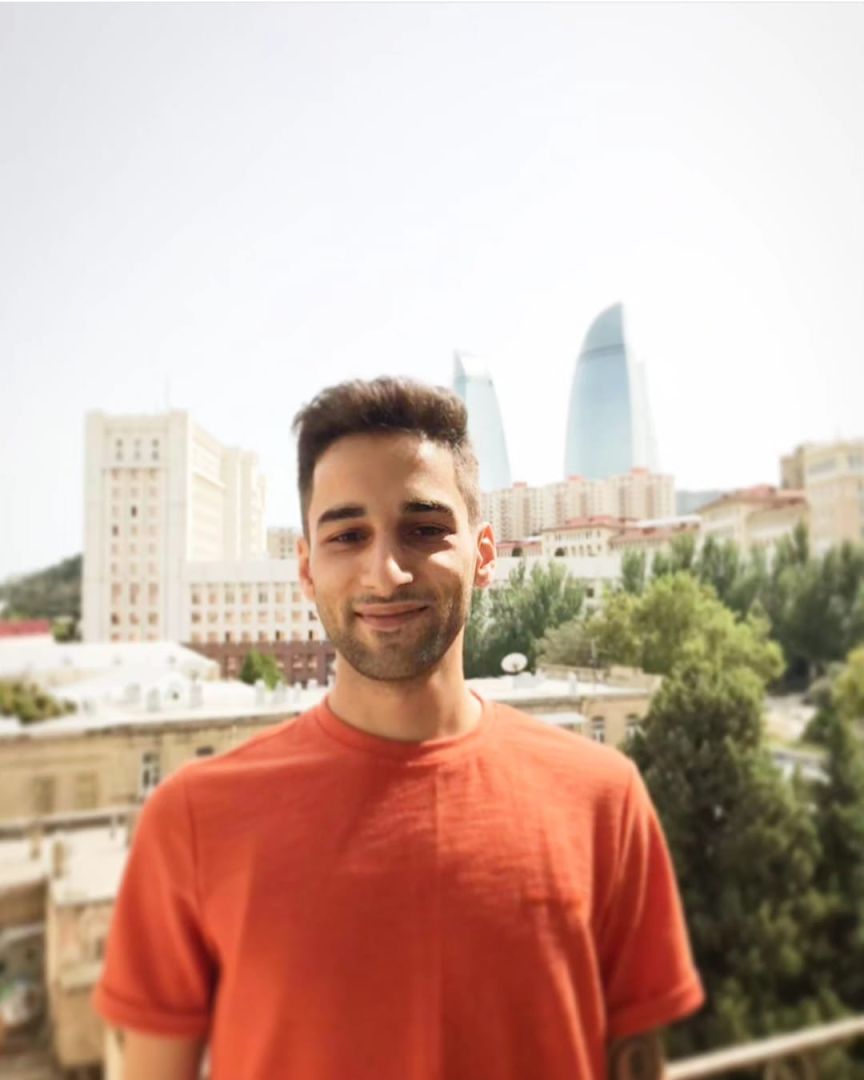Factors leading to development of tourism in Azerbaijan [ANALYSIS]
![Factors leading to development of tourism in Azerbaijan [ANALYSIS]](https://www.azernews.az/media/2023/11/28/tur.jpg)
Until problems such as global warming and climate change appeared, the world economy saw its entire development perspective as fundamentally dependent on oil. Many countries were already moving towards industrialization, and places for recreation such as tourism were shrinking.
But as the problem facing the world became more serious, it became necessary to look for new ways to expand economic opportunities. Of course, the healthiest and safest way to do this is to expand tourism opportunities.

Azerbaijan is among the countries that have tourism opportunities and have great prospects in this field in the near future. Of course, the liberation of more than 20 per cent of the territories from occupation and the infrastructure projects established in those territories have a great impact on the development of this sector.
According to statistics, Azerbaijan received more than 1.3 million travellers between January and August 2023. The report says that the increase in the inflow of tourists to Azerbaijan should reach 4 million people by 2026. Tourism in Azerbaijan has increased by 50% compared to the previous year, and by the end of the year is expected to restore the inflow of tourists to 80%. However, a part of the development of tourism also belongs to land borders. In any case, until the situation with closed land borders is resolved, a significant part of the tourist flow through this route will not enter Azerbaijan.
Ongoing construction works on the revitalisation of the liberated lands will bring a great contribution to the tourism sector as well. Many experts and specialists in different fields and activities have got jobs in the liberated lands for about 2.5 thousand people.
Besides, from a tourism point of view, the nature of the north and west of Azerbaijan is very picturesque where many festivals have been held so far. The construction of the railway to the area is in the future plan and as soon, as railway communication lines are built, the inflow of tourists to the north-western parts of Azerbaijan will almost double.
In January-October 2023, 108,516 tourists from Central Asian countries visited Azerbaijan, which is 85 per cent higher than the figure for the same period in 2022 (58,707).

The number of tourists from Kazakhstan was 47,867 (up 88 per cent year-on-year), Uzbekistan 31,416 (up 52 per cent year-on-year), Turkmenistan 20,915 (up 166 per cent year-on-year), Kyrgyzstan 4,454 (up 76 per cent year-on-year) and Tajikistan 3,864 (up 79 per cent year-on-year).
Shusha as the capital of the cultural heritage of the Turkic world unites Turkic peoples in Azerbaijan. These statistics of the inflow of tourists from Central Asian countries are largely due to the events held in Azerbaijan on the 30th TURKSOY. Azerbaijan has always supported TURKSOY by implementing large-scale projects related to the protection and promotion of the common Turkic heritage and has tried to expand the cultural integration of Turkic-speaking countries.
It should be noted that a total of 1,724,218 tourists visited Azerbaijan during the reporting period (30% growth).
It should be recalled that a total of 1,602,600 foreign citizens visited Azerbaijan in 2022, which is more than 2 times higher than in 2021 (790,062 people), as well as 73,823 people from Central Asian countries, which is 4.75 times higher than in 2021 (15,516 people).
The development of relations among Turkic countries has also increased the flow of tourists from the brotherly countries to Azerbaijan.
President Ilham Aliyev's speech at the 10th Congress of Friendship, Brotherhood and Cooperation of Turkic States and Communities held in Antalya in 2006 caused great resonance in the Turkic world. At the event, the Azerbaijani leader stressed that the process of globalisation is underway in the world. At the same time, there are enough issues of discrimination.
Turkic peoples need to become more united and hold on to each other more firmly in order to become stronger. Today the Turkic world has a huge potential, all Turkic states led by Turkiye are developing intensively from the political-economic point of view, in all other respects.
It should be noted that a total of 411,141 people visited Azerbaijan from Central Asian countries in 2017-2022 (from Kazakhstan - 167,052, Turkmenistan - 119,201, Uzbekistan - 96,278, Kyrgyzstan - 15,467, Tajikistan - 13,143).
What does the future hold for the tourism industry?
International tourism is doing very well and is almost back to pre-pandemic levels. This means that more people are travelling around the world than before the pandemic. In the first three months of 2023, 235 million people travelled internationally, more than double the same period in 2022. In 2022, 960 million people travelled internationally, two-thirds of the pre-pandemic figures.
The Middle East was the only region where the number of travellers was higher than before the pandemic. People spent more than one trillion dollars on international tourism in 2022, up 50 per cent from 2021. The United Nations World Tourism Organisation (UNWTO) expects international arrivals to reach 80-95% of pre-pandemic levels in 2023. However, there are challenges such as economic issues, geopolitical tensions and rising costs.

Global problems often come from the West. The UN's sustainable development agenda, zero emissions, climate change, sustainable travel futures, and personal carbon credits (passports), will deal a huge blow to the economy, tourism, agro-culture, agriculture and other equally important industries.
A report on the future of travel and tourism, co-authored by travel agency Intrepid Travel and The Future Labs Institute, argues that the future will be heavily impacted by climate change and travel restrictions to combat it.
"A Sustainable Future for Travel" warns of "travel extinction". , with some areas suffering such drastic climate change that all tourism there will cease, and of "personal carbon credits" that will limit the frequency of authorised travel."
Western countries, like those in Scandinavia, are undergoing enormous changes in society and citizens. The programmes being promoted have deprived many people of land, homes, and businesses small and large, and it is important to be warned, that the WEF, EU, and UN programmes may affect Azerbaijan as well.
Croatian MEP Mislav Kolakušić in the EU Parliament: EU uses #ClimateScam (Climate change) as an excuse to take agricultural land from farmers with the ultimate goal of creating deliberate food shortages.
Remember that starving and desperate people are far more likely to submit to tyranny in exchange for enough calories to avoid death than people with ready access to an abundance of food, even if the source of those calories is insects or fake, lab-grown "meat."
Carbon passports
If conscience and budget allow, we can fly freely on aeroplanes from one place to another. But that will change. "On our current trajectory, we can expect to see a decline in the frequency of people travelling as carbon passports change the travel landscape," says Martin Raymond, co-founder of Future Laboratories.
These permits will manifest as passports that will force people to ration their carbon emissions in line with the global carbon budget, which is 750 billion tonnes by 2050.
For all practical purposes, your carbon emissions will match your energy consumption, give or take a relatively narrow efficiency range (unless we have some kind of clean energy breakthrough, and the only viable option we have, nuclear power, is not considered clean) climate cult energy.
In other words, your standard of living is your energy consumption. Reducing society's energy consumption is the same as reducing your standard of living.
---
Abbas Ganbay is AzerNews’ staff journalist, follow him on Twitter: @Noend33
Follow us on Twitter @AzerNewsAz
Here we are to serve you with news right now. It does not cost much, but worth your attention.
Choose to support open, independent, quality journalism and subscribe on a monthly basis.
By subscribing to our online newspaper, you can have full digital access to all news, analysis, and much more.
You can also follow AzerNEWS on Twitter @AzerNewsAz or Facebook @AzerNewsNewspaper
Thank you!

